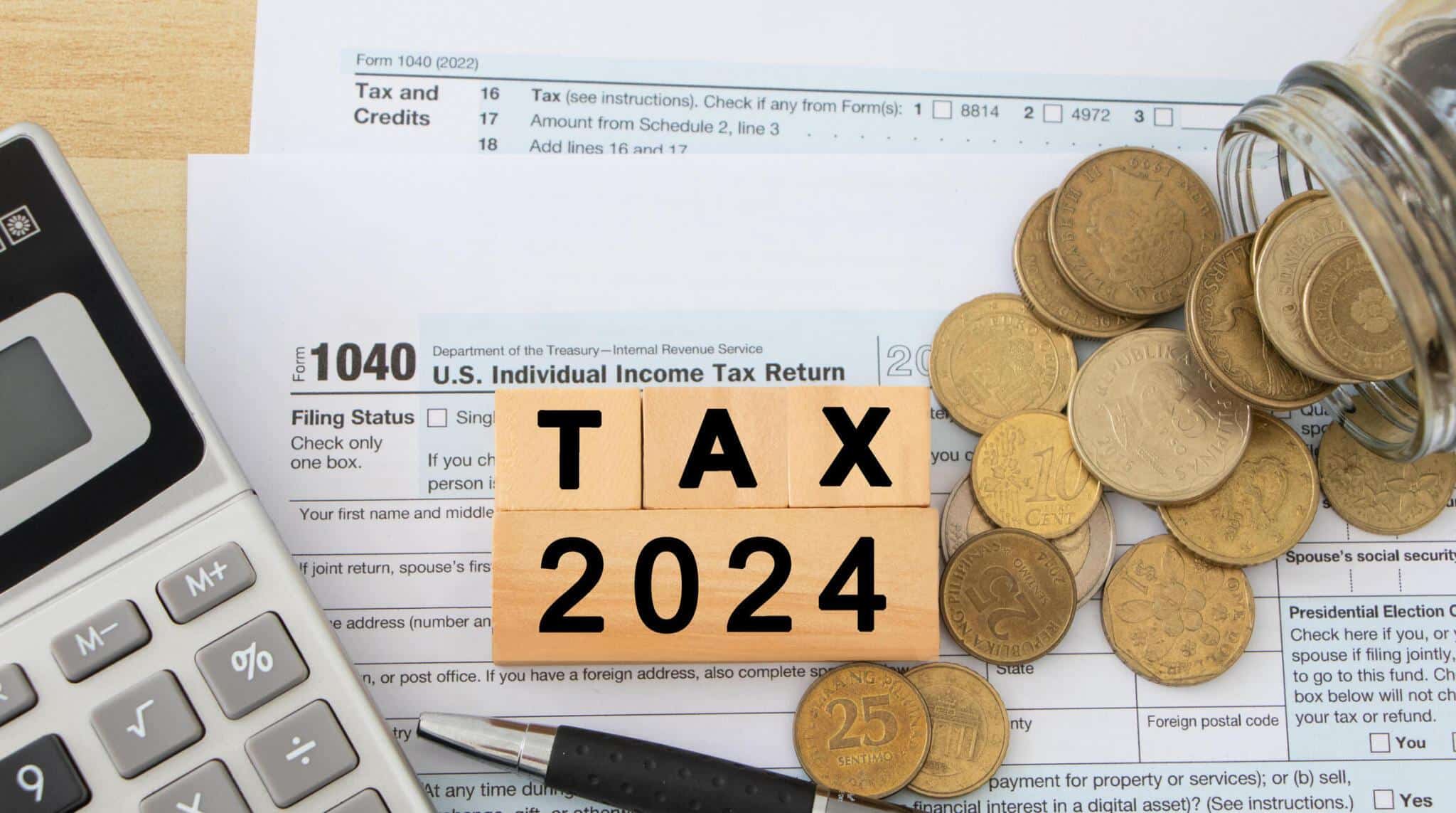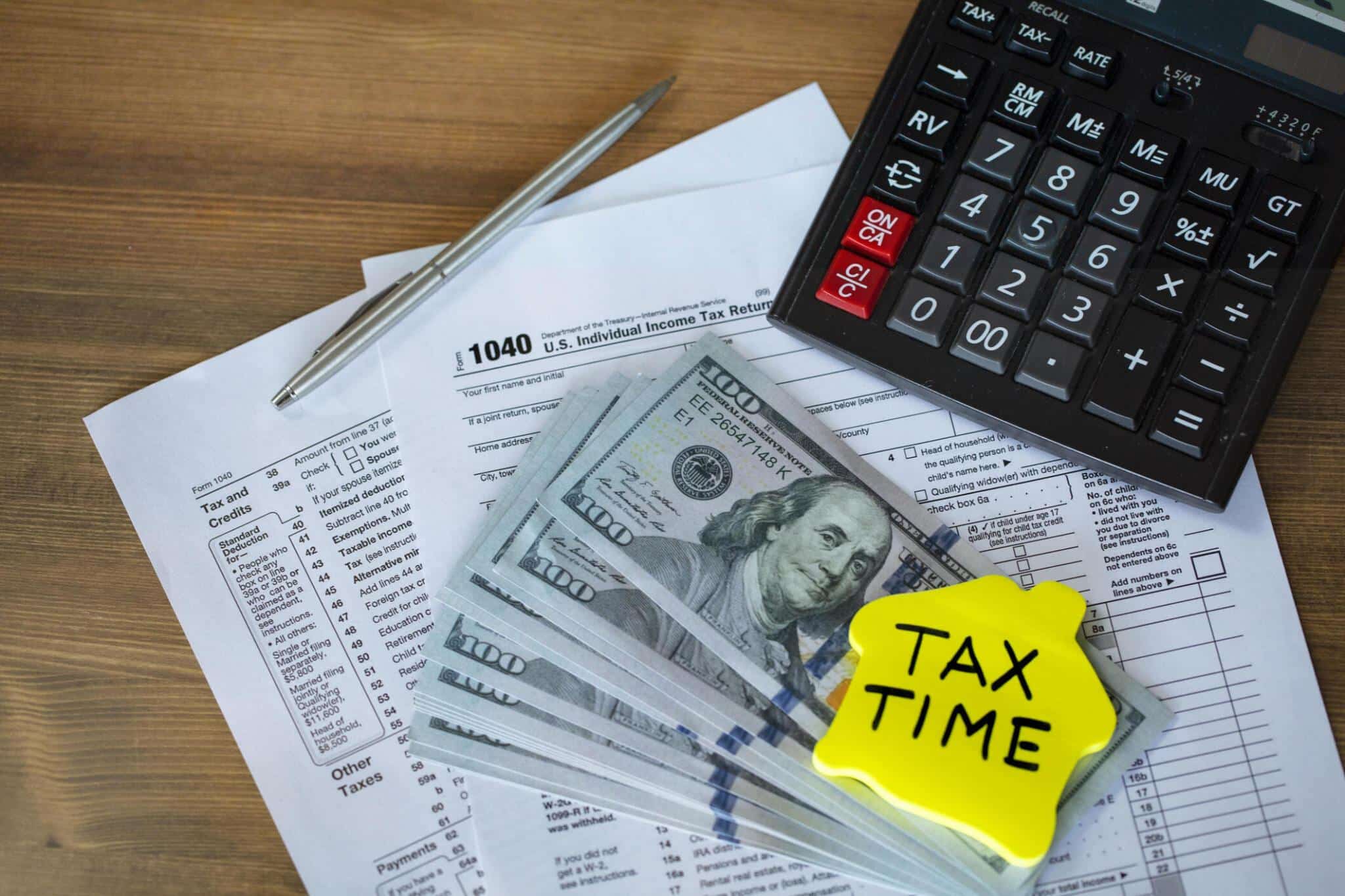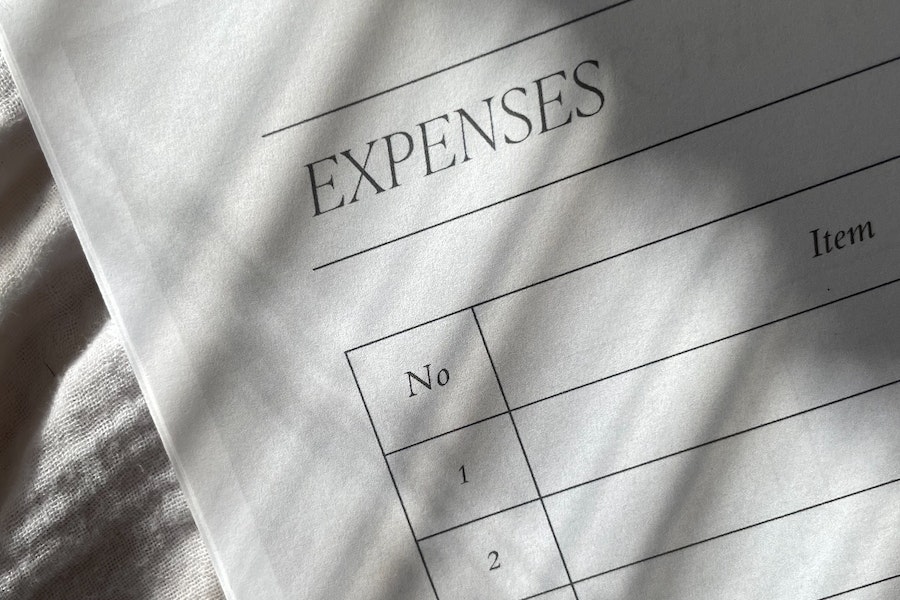In Australia, another tax to be aware of is payroll tax.
This tax is levied on the wages and salaries paid by businesses to their employees. It is a state tax, which means each state and territory in Australia has its own payroll tax laws and rates.
As explained by payrolltax.gov.au, payroll tax is owed on any wages of a business’s total taxable Australia-wide wages that exceed a threshold amount.
It can take a while to get your head around payroll tax because it applies to different businesses in different ways. For example, each territory and state in Australia sets its own payroll tax threshold, which is the amount of money your business can earn before the tax applies.
According to Business Queensland, in Qld, the threshold is:
-
- 4.75% for employers or groups of employers who pay $6.5 million or less in Australian taxable wages
- 4.95% for employers or groups of employers who pay more than $6.5 million in Australian taxable wages.
- Regional employers may be entitled to a 1% discount on the rate until 30 June 2023.
If your business’s total wages and salaries exceed the payroll tax threshold, it will need to pay payroll tax on the amount that exceeds the threshold.
Small businesses are not exempt from payroll tax, but they may be eligible for concessions or exemptions. Each state and territory has its own rules for concessions and exemptions, so it’s important to check the specific requirements in your state or territory.
In some states, small businesses with annual taxable wages and salaries below a certain threshold may be eligible for a payroll tax exemption. For example, in Victoria, businesses with annual taxable wages and salaries of less than $650,000 are exempt from payroll tax. In Western Australia, businesses with annual taxable wages and salaries of less than $1 million are exempt from payroll tax.
Small businesses that do not qualify for an exemption may be eligible for a payroll tax concession. Concessions may be available for businesses that are newly established or that have a low number of employees. For example, in New South Wales, businesses that have been operating for less than two years may be eligible for a payroll tax concession.
Group payroll tax
It’s important to note that businesses that are part of a group may be required to pay payroll tax on their combined wages and salaries. This is known as group payroll tax, and it applies when two or more businesses are grouped together for payroll tax purposes. The rules for group payroll tax vary depending on the state or territory.
If you are a small business owner, it’s important to be aware of the payroll tax laws in your state or territory and to keep accurate records of your wages and salaries. Failure to comply with payroll tax laws can result in fines and penalties, so seek professional advice if you have any questions or concerns about your payroll tax obligations. With the right knowledge and support, you can ensure your business is meeting its payroll tax obligations.
Want to know if your business has to pay payroll tax? Contact Mobbs & Co today. We operate in Brisbane, Caboolture and the Sunshine Coast.










